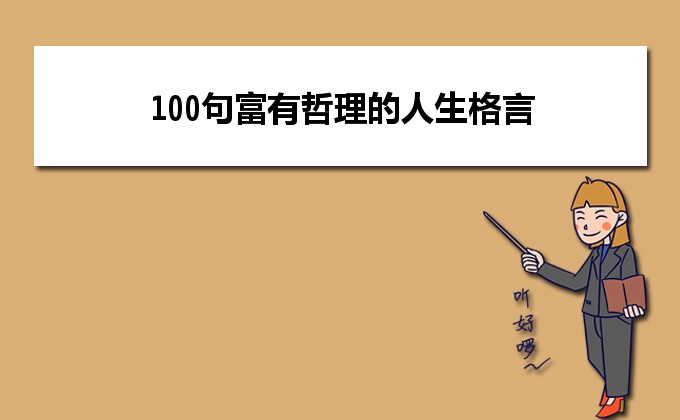英語句子成分分析
一、狀語:用來修飾v., adj., adv., or 句子。 表示時(shí)間、地點(diǎn)、原因、目的、結(jié)果、程度、條件、方式和讓步。
(以下例句按上述順序排列) I will go there tomorrow.
The meeting will be held in the meetingroom.
The meat went bad because of the hot weather.
He studies hard to learn English well.
He didn’t study hard so that he failed in the exam.
I like some of you very much.
If you study hard, you will pathe exam.
He goes to school by bike.
Though he is young, he can do it well.
二、謂語(Pdicate):說明主語的動(dòng)作、狀態(tài)和特征。
We study English.
He is asleep.
三、表語(Pdicative):系動(dòng)詞之后的成分,表示主語的性質(zhì)、狀態(tài)和特征。
He is a teacher. (名詞)
Seventy-four! You don’t look it. (代詞)
Five and five is ten. (數(shù)詞)
He is asleep. (形容詞)
His father is in. (副詞)
The picture is on the wall. (介詞短語)
My watch is gone / missing / lost. (形容詞化的分詞)
To wear a flower is to say “I’m poor, I can’t buy a ring. ” (不定式)
The question is whether they will come. (表語從句)
常見的系動(dòng)詞有: be, sound(聽起來), look(看起來), feel(摸起來),smell(聞起來),
taste(嘗、吃起來), remain(保持,仍是),(m.mrnum.Com) feel(感覺) …
It sounds a good idea.
The sound sounds strange.
Her voice sounds sweet.
Tom looks thin.
The food smells delicious.
The food tastes good.
The door remains open.
Now I feel tired.
三、賓語:
1)動(dòng)作的承受者——?jiǎng)淤e
I like China. (名詞)
He hates you. (代詞)
How many do you need? We need two. (數(shù)詞)
We should help the old and the poor.
I enjoy working with you. (動(dòng)名詞)
I hope to see you again. (不定式)
Did you write down what he said? (賓語從句)
2)介詞后的名詞、代詞和動(dòng)名詞——介賓
Are you afraid of the snake?
Under the snow, there are many rocks.
3) 雙賓語——間賓(指人)和直賓(指物)
He gave me a book yesterday.
Give the poor man some money.
四、賓補(bǔ):對(duì)賓語的補(bǔ)充,全稱為賓語補(bǔ)足語。
We elected him monitor. (名詞)
We all think it a pity that she didn’t come here. (名)
We will make them happy. (形容詞)
We found nobody in. (副詞)
Please make yourself at home. (介詞短語)
Don’t let him do that. (省to不定式)
His father advised him to teach the lazy boy a lesson. (帶to不定式)
Don’t keep the lights burning. (現(xiàn)在分詞)
I’ll have my bike repaired. (過去分詞)
五、主補(bǔ):對(duì)主語的補(bǔ)充。
He was elected monitor.
She was found singing in the next room.
He was advised to teach the lazy boy a lesson. www.oh100.com
六、定語:修飾或限制名詞或代詞的詞、詞組或句子。
Ai Yanling is a chemistry teacher.(名詞)
He is our friend. (代詞)
We belong to the third world. (數(shù)詞)
He was advised to teach the lazy boy a lesson.(形容詞)
The man over there is my old friend.(副詞)
The woman with a baby in her arms is my sister. (介詞)
The boys playing football are in Cla2. (現(xiàn)在分詞)
The trees planted last year are growing well now. (過去分詞)
I have an idea to do it well. (不定式)
You should do everything that I do. (定語從句)
七、主語(subject): 句子說明的人或事物。
The sun rises in the east. (名詞)
He likes dancing. (代詞)
Twenty years is a short time in history. (數(shù)詞)
Seeing is believing. (動(dòng)名詞)
To see is to believe. (不定式)
What he needs is a book. (主語從句)
It is very clear that the elephant is round and tall like a tree.
(It形式主語,主語從句是真正主語)









